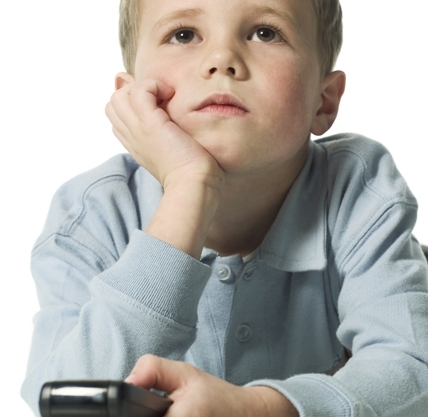
My 6-year-old grandson suffered a concussion after falling from a waterslide. He landed backward on his head from a height of 10 feet. He was unconscious and remained in intensive care for observation. After he was discharged, he was instructed not to run, swim, play video games, or watch television. I assume that such activities would be a strain on the brain. His parents are not taking the instructions seriously and I am concerned that there may be some permanent injury or problems if they are not more vigilant. Am I being over protective as a grandmother or are they being negligent in adhering to the doctor’s instructions?
It seems to me that neither you nor your grandson’s parents are guilty of wrong-doing. You are both landing on different sides of what has become a classic “concussion dilemma” — what response will assure a child’s complete recovery from a concussion?
Your grandson’s pediatrician recommended a very conservative care plan designed to prevent strain or further injury to his brain while it was recovering from the initial injury. Running and swimming draw blood flow from the rest of the body to the large muscles; video gaming and TV watching have less clear impact on brain functioning, but there is certainly reason to believe that these activities may be stressful for an injured brain. This is absolutely the correct initial approach for the first few days to weeks after a pediatric concussion.
The question is how long should such restrictions remain in place? Here, the very best guideline is careful observation of the individual child. About half of children who have uncomplicated concussions appear to recover completely in four-to-nine days; for others, it appears to take about three weeks, and still others (about 20 percent) take three months or more to recover. Talking with your child about how he is feeling, carefully watching for fatigue and irritability or other signs that he is not “himself,” and gradually increasing physical and cognitive demands as he shows he is ready for them are probably the best guidelines to follow as to when he can resume the full activities of typical life.
About the author: Jeanne Dise-Lewis, PhD
Jeanne Dise-Lewis, PhD is a child clinical psychologist, director of the Psychology Program for the Department of Rehabilitation Medicine at The Children’s Hospital, and Professor of Psychiatry and Rehabilitation Medicine at the University of Colorado Anschutz Medical Campus.


Comments (1)
Please remember, we are not able to give medical or legal advice. If you have medical concerns, please consult your doctor. All posted comments are the views and opinions of the poster only.
Anonymous replied on Permalink
Youngsters generally recover better than adults. Part of the concussion dilemma can include the general idea of subtle executive functioning glitches which can slowly emerge in the child's schooling (symptoms of inattentive ADHD, auditory processing challenges, working memory issues, acquired dyspraxia/dysmetria, double vision, etc.). Brain concussions do cause dilemmas. Best wishes.